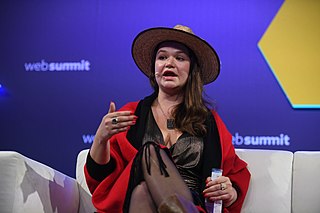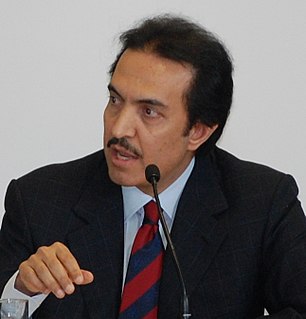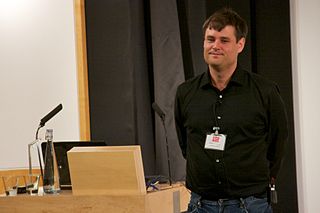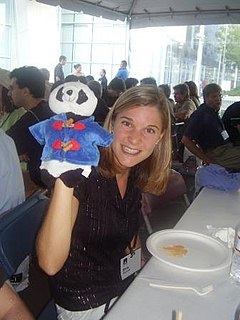A Quote by Brittany Kaiser
What if in a permission-based structure, you could decide if you wanted to provide value to advertisers or to political groups? Or, for instance, share your medical data for cancer research? All those options should be available for an individual to make.
Related Quotes
The development of a strategic plan for cancer prevention in medical schools that is supported by all stakeholders - including the medical community, government, the insurance industry, cancer advocacy groups and all those dedicated to cancer prevention - will be the key to inspiring patients to live lifestyles that will decrease cancer risk.
Water is two parts hydrogen and one part oxygen. What if someone says, “Well, that’s not how I choose to think about water.”? All we can do is appeal to scientific values. And if he doesn’t share those values, the conversation is over. If someone doesn’t value evidence, what evidence are you going to provide to prove they should value it? If someone doesn’t value logic, what logical argument could you provide to show the importance of logic?
The field of U.S. cancer care is organized around a medical monopoly that ensures a continuous flow of money to the pharmaceutical companies, medical technology firms, research institutes, and government agencies such as the Food and Drug Administration (FDA) and the National Cancer Institute (NCI) and quasi-public organizations such as the American Cancer Society (ACS).
All we wanted to do was to make live records all available. For us, the idea is to make it all available and let people decide which ones they like better. It's not for us to decide. We don't care about that. What we're interested in is the idea that we made these recordings, and they're not doing anybody a damn bit of good sitting in a closet.
The big thing that's happened is, in the time since the Affordable Care Act has been going on, our medical science has been advancing. We have now genomic data. We have the power of big data about what your living patterns are, what's happening in your body. Even your smartphone can collect data about your walking or your pulse or other things that could be incredibly meaningful in being able to predict whether you have disease coming in the future and help avert those problems.
For any woman reading this, I hope it helps you to know you have options. I want to encourage every woman, especially if you have a family history of breast or ovarian cancer, to seek out the information and medical experts who can help you through this aspect of your life, and to make your own informed choices.
Being treated by a doctor who specializes in your kind of cancer is so important, especially for those of us who have rare or very rare cancers. They will have access to newer treatment options that may be offered only at big academic cancer centers, so you don't miss out on treatments that could help you.
As a physician I have sympathy for patients suffering from pain and other medical conditions. Although I understand many believe marijuana is the most effective drug in combating their medical ailments, I would caution against this assumption due to the lack of consistent, repeatable scientific data available to prove marijuana's benefits. Based on current evidence, I believe that marijuana is a dangerous drug and that there are less dangerous medicines offering the same relief from pain and other medical symptoms.


































